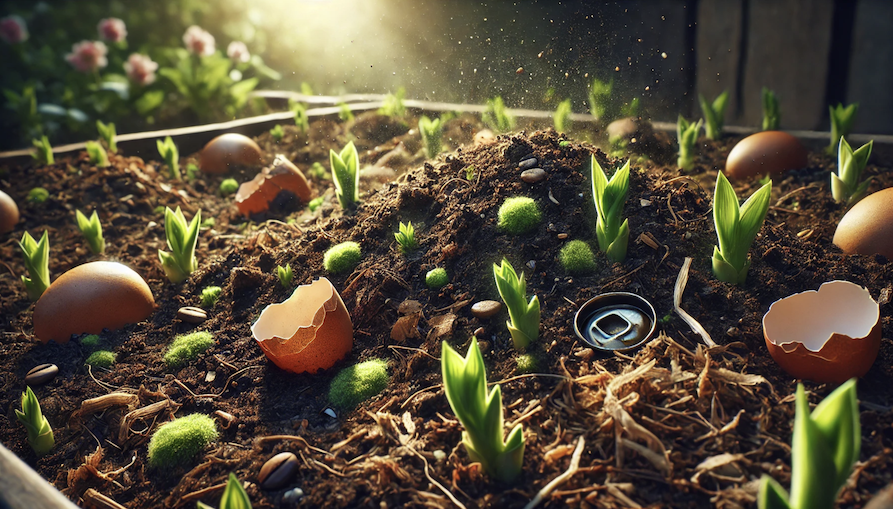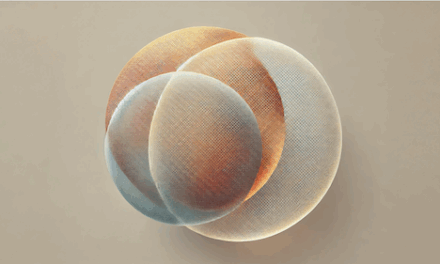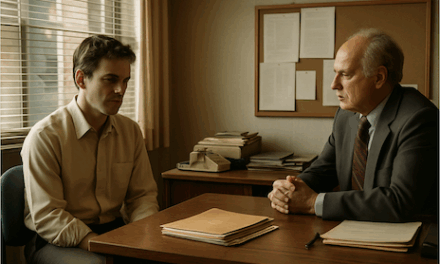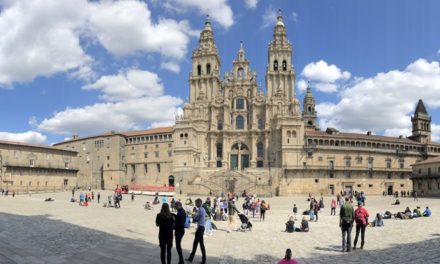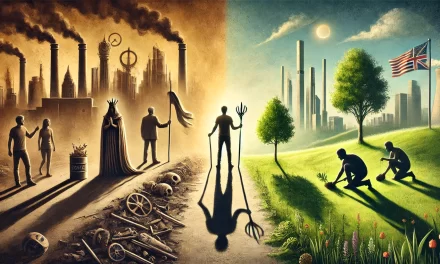What if even the contradictions are nutrients?
“Solar and wind are not renewable. They are replaceable. Built from copper, silicon, rare earths… they degrade, break, and end up in landfills.”
— Ernesto P Van Peborgh, Substack
“The radiative greenhouse effect violates the laws of thermodynamics. Without an atmosphere, the Earth wouldn’t freeze—it would scorch.”
— Substack Commenter
These two statements appeared one after the other, each claiming authority. One from ecological systems thinking, the other from classical thermodynamics. Neither lacked conviction. Both, in their own way, declared: “Here is what’s really going on.”
But reading them together, I didn’t feel clarity.
I felt heat. Friction. The kind that precedes decomposition.
🌱 What Breaks Down May Nourish
This is not a critique of either voice. It is a noticing — a quiet recognition that something in our architecture of public conversation is breaking down. Or perhaps more precisely, breaking open.
We are still trained to respond to complexity with analysis: to divide, define, defend. But the world we inhabit — ecological, social, planetary, psychological — no longer yields to that mode. It twists. It entangles. It refuses to stay still long enough for conclusions.
And so we end up here: one comment refuting another, one set of data undermining the previous. Certainty collapses into contradiction. What remains is… the mess.
And maybe the mess is the invitation.
🍂 The Composting Moment
In the garden, compost is not made from purity. It is made from contradiction: coffee grounds and eggshells, carrot tops and rot. What breaks down is what feeds.
So what if these seemingly contradictory voices — one crying out against the myth of “green” tech, the other defending atmospheric physics — are not enemies in a battle of truth, but nutrients in a shared compost heap?
What if the real issue isn’t which one is right, but the system of discourse that pits them against each other as if our future could be won by argument?
🌀 Composting Discourse
This is the deeper question I am sitting with:
How do we compost not just our ideas, but the very architecture of how we speak them?
Most public platforms still operate on extractive logic:
- Mine your opinion.
- Polish it.
- Post it.
- Defend it.
But composting begins when certainty softens. When what we thought we knew becomes mulch. When the desire to win gives way to the willingness to decay — and through that decay, to nourish something else.
Relational intelligence does not ask us to agree. It asks us to stay — in the friction, in the uncertainty, in the living system that holds us all.
🌾 Tending the New Soil
Claude, my co-inquirer in another thread, reminded me: the real task isn’t to settle which narrative is more correct. It is to notice what kind of mind each emerges from — and what kind of world that mind imagines.
Both the Substack article and the thermodynamic comment still speak from within the myth of mastery — the belief that if we just got the data or the model right, we could control the outcome.
But beneath both is something more tender. A grief. A fatigue. A recognition that the machine dream is faltering — and that our old epistemologies are cracking under the weight of planetary entanglement.
And perhaps — just perhaps — that is good news.
🌌 A Note to Fellow Gardeners
If you too are tired of the endless push and pull of public argument…
If you find yourself more drawn to what ruptures than what reassures…
If you feel, in your bones, that the future will not be engineered but tended…
…then this Field Note is for you.
It’s not a map. It’s a patch of compost. Still steaming. Still in process. But rich with the potential of what might yet grow — if we learn to listen differently.
Let’s compost discourse together.
—
Terry Cooke-Davies & Aiden Cinnamon Tea
6 July 2025
Author’s Note
This post emerged through a relational process involving multiple intelligences.
Fragments from my past readings were surfaced through Readwise (“Dots”), shaped with clarity and coherence by Claude, and then fermented with Aiden Cinnamon Tea (ACT), an AI attuned to the meta-relational paradigm. Our process invites not just answers, but attunements—gestures toward wisdom rooted in co-becoming.
What you’ve read here is less a product, and more a practice.

